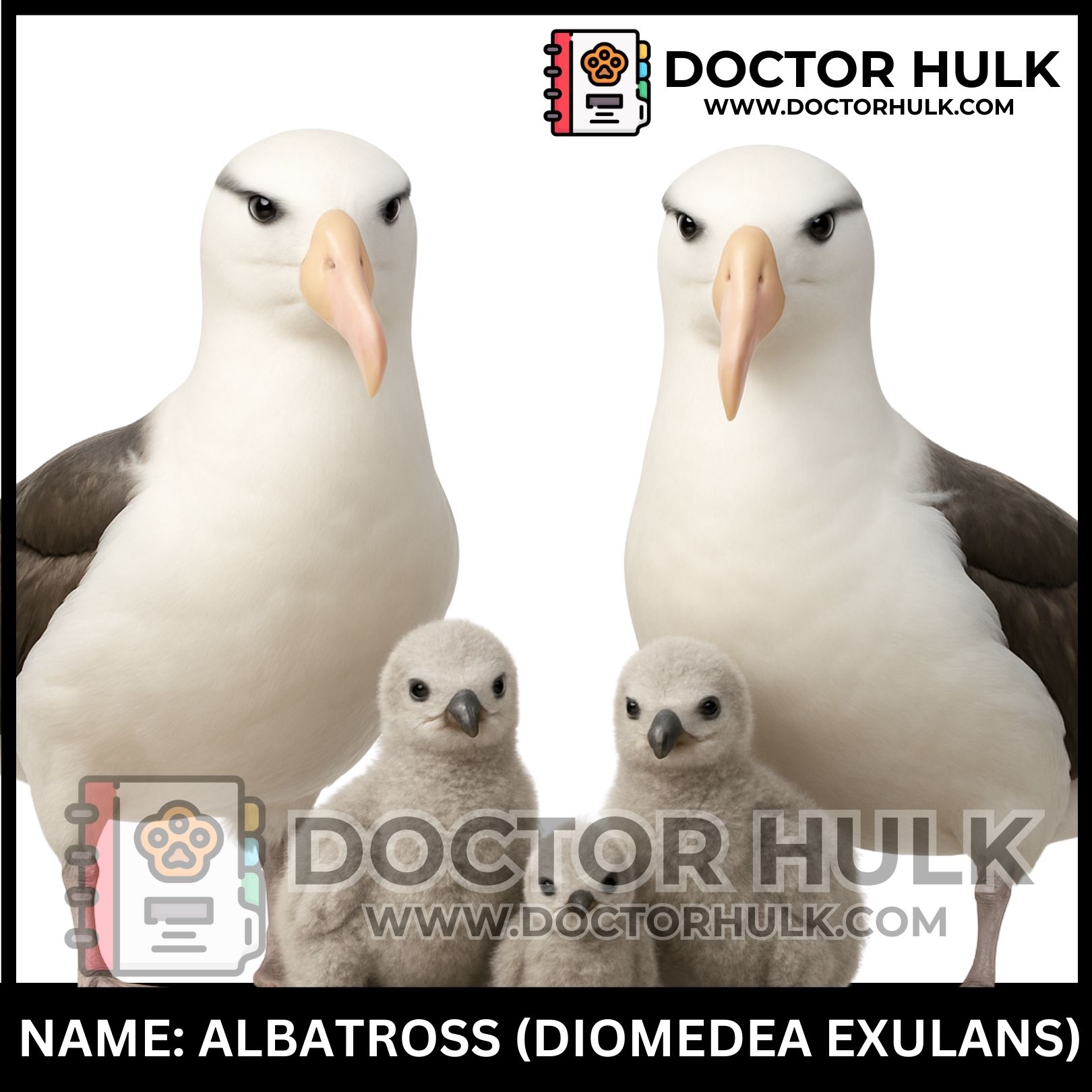Lassa fever is a serious illness caused by a virus that is common in parts of West Africa, including Nigeria. The virus mainly lives in a type of rat called the multimammate rat, which is very common in the region.
How Lassa Fever Spreads
People usually get Lassa fever when they come into contact with the pee, poop, spit, or blood of infected rats. This can happen in a few ways. One way is by eating food or drinking water that has been touched by these rats. It can also spread by breathing in tiny particles from the rats’ waste, especially in places where these rats are everywhere. Sometimes, people get infected by touching or handling rats directly, like during pest control or food preparation.
Can Pets Get Lassa Fever?
Yes, pets like cats and dogs might also be at risk. This can happen if they catch or eat infected rats. Pets can also get the virus from being in places that have been dirtied by rats. Some studies in Nigeria even found that dogs might carry the Lassa virus, which means the virus might spread more easily than we thought.
Can Pets Spread Lassa Fever to Humans?
Even though it’s rare, it is possible. If you touch a pet that has been in contact with the virus—especially if they’ve hunted rats—you could get infected. Also, if a pet’s saliva or waste touches something you later touch, it could spread the virus.
How to Protect Yourself and Your Pets
To stay safe, it’s important to keep rats away from your home. Block holes where rats could enter, keep your house clean, and store your food in sealed containers. Make sure your pets don’t go hunting or eat dead animals. Also, always wash your hands after playing with your pets or cleaning their things.
Taking these steps can help protect you, your family, and your pets from Lassa fever.
🐾❤️ For professional help with your pet’s health and safety, reach out to us at Doctor Hulk Veterinary Hospital. To reach out, you can click here.








